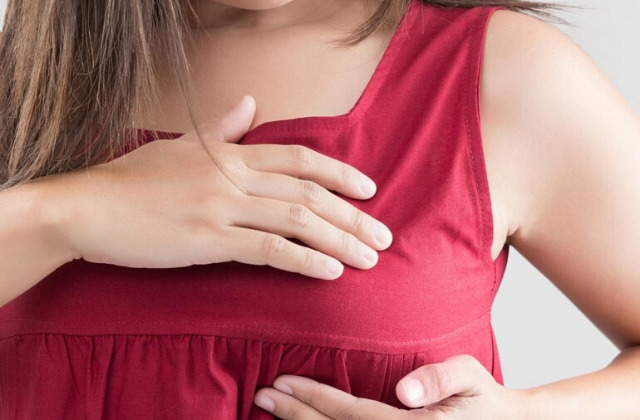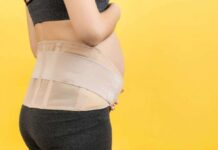Itchy breasts during breastfeeding can be a pain but breast milk is an ideal food for newborns. It is the best gift the mother can give to her baby. It contains all the nutrients for the normal growth and development of the baby. Breast milk benefits include easy digestion, low osmotic load and it protects against various infections and deficiency states. The preparation for breastfeeding should actually start from the middle of pregnancy.
Any abnormality in the nipple like a cracked or depressed nipple should be adequately treated by massaging the breast or expressing colostrum. Maintenance of cleanliness should be carried out during the last four weeks of pregnancy otherwise serious problems can occur.
Milk transfer to infants starts with a good latch-on. The nipple is tilted slightly downward using a C-hold. But some infants have a hard time latching onto the nipple that can cause cracked nipples and that produces pain and itching.
So during breastfeeding, there should be good attachment which means, infant’s mouth is wide open and the chin touches the breast. The mother and baby should be in a comfortable position.
Reasons for Itchy breasts
Candida albicans
It is one of the most common causes of breast infection. Especially in bottle-fed babies. Contamination by the organisms occurs from the feeding bottle, teat’s, nurse’s hand, mother’s nipple, and infected vagina.
Candida infection has an effect on the genitals, oral cavity, and breasts.
Oral thrush
Infection of the buccal mucous membranes and the tongue by the fungus is the main reason for itchy breasts. This infection causes itching around the nipples which causes hard, cracked, and dry nipples.
It usually appears in the late first week or during the second week of breastfeeding. The infant refuses to take feeds. The typical patches are visible on the mouth and an attempt to remove the patch leaves behind a raw oozing surface.
Other Causes of itchy breasts
- Low immunity
- Unhygienic conditions
- Hard latching on the breast by the infant
- Tight clothes and a tight bra
- Infected vagina
Treatment for itchy breasts
- Women should maintain hygienic conditions around nipples and breasts. They should wash the breasts with warm and sterile water, before and after each breastfeeding. They should be wearing loose clothes and a loose bra.
- To treat fungal infections, antifungal drugs are given by the doctor. Local application of gentian violet on the oral mucous membrane twice daily after feeds for 2-3 days is quite effective but not used nowadays due to many side effects.
- Nystatin, the oral suspension is applied to each side of the mouth 4 times a day for about 2-3 weeks.
- Systemic fluconazole is highly effective in chronic mucocutaneous candidiasis.
- For a mother with breast ductal candidiasis, concurrent treatment of both the mother and the infant is done to eliminate cross-infection.
- It can be due to diaper candidal dermatitis, it should be treated with topical nystatin ointment, miconazole ointment, or clotrimazole cream.
- If there is pain in the breasts, the doctor should also prescribe an analgesic like ibuprofen.
Home remedies for itchy breasts
- In modern practice, it is suggested that a mother should wash her breast once a day, at the time of bathing, not before and after each breastfeeding. But in the case of oral thrush, candidal infection, the mother should wash her nipple with warm and sterile water, before and after each feed.
- Utensils, including feeding bottles and teats, are to be properly cleaned before and after each feed.
- The mother should massage her breast with oil or lotion to prevent drying and cracking of the nipple and areola.
- Properly washing the bra and clothes with warm water.
- Wearing loose clothes and a loose bra because sometimes tight clothes can cause discomfort and pain.
- Mother can also use a nursing pad to prevent direct touch of nipples to the clothes, This will also prevent the spread of infection.
When to see a doctor
The breastfeeding mother should visit the doctor when she feels any kind of pain, discomfort, and sore nipple which can not be treated at home. It is possibly a case of candidal infection.
A visit to the doctor is also due if the infant has dry lips and mouth, which can cause oozing of blood from it.
Conclusion
Thus, in order to prevent itchy breasts and boost your child’s health, it is essential to maintain hygienic conditions. This includes sterilization of feeding bottles and teats, wearing loose clothing, washing breasts gently but properly, and visiting the doctor on time. Happy itchy breasts-free breastfeeding!
References
https://www.ncbi.nlm.nih.gov/pmc/articles/PMC3063299/
https://www.ncbi.nlm.nih.gov/books/NBK153481/













